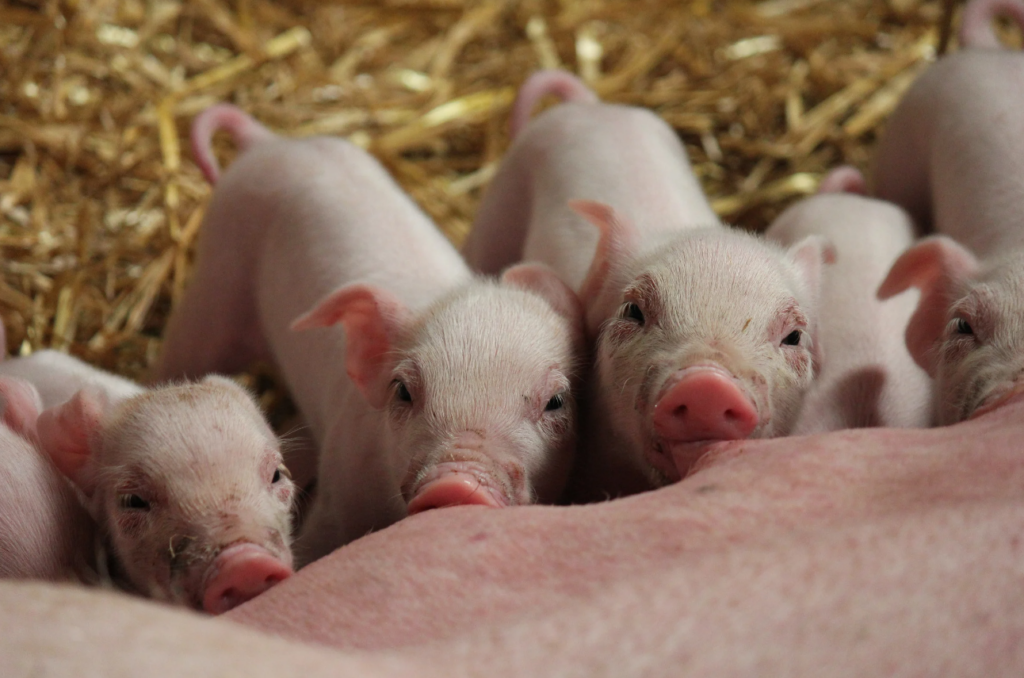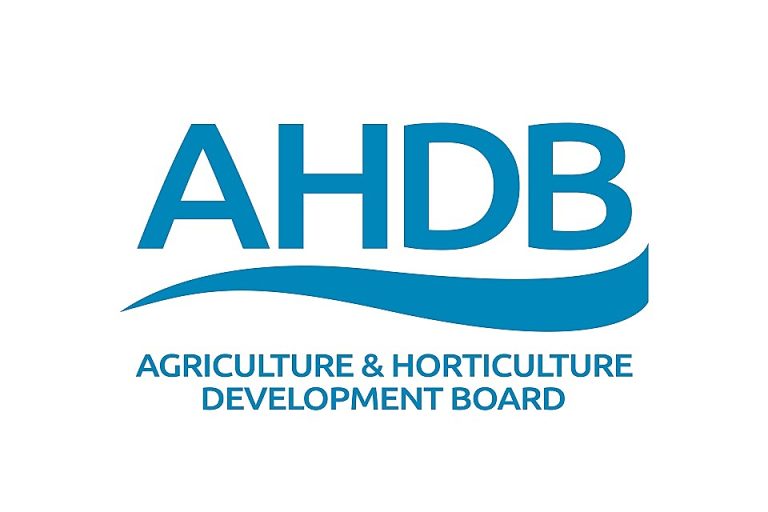
Endemic diseases cause significant welfare issues in livestock production. They also have environmental and financial impacts on livestock and the livestock industry. Indeed, disease and loss of production, including mortality, from disease outbreaks or early culling of production animals is increasingly being identified as an important avoidable environmental cost in livestock production. That is why BBSRC was delighted to work with AHDB, academics, livestock producers and the wider industry on the Catalysing Partnerships in Farmed Animal Health programme.
The programme was the first part of a longer-term focus for BBSRC on research into animal health and in particular endemic disease. The aims of the programme were to work with livestock producers, academics and the wider industry to identify priorities and address issues in a truly transdisciplinary way. By understanding the issues at farm level is key to being able to put research findings into practice on farm. For the Partnership Call, AHDB and BBSRC worked to support eleven short projects all of under £50k spend.
Each project was tasked to address a critical research question associated with control, management or prevention of endemic diseases that present a significant threat to UK livestock (pigs, ruminants and poultry) production. The projects had key knowledge exchange activities outlined and early interaction with livestock production players was key to the development of the proposals. Further, applicants were encouraged to consider how their activities could generate preliminary findings that would underpin future high-quality proposals to UKRI and enable access to other funding opportunities.
AHDB provided a route for dissemination of the research outputs to producers, providing a direct pathway to impact for the industry.
The 11 Catalysing Partnership projects are:
Towards an Artificial Intelligence (AI) driven diagnosis of mastitis on dairy farms.
Using metabolomics to detect lameness on commercial dairy farms; a validation study.
Farmer-centric networks to control endemic pig diseases in the UK: using pleurisy as a case study.
Towards better vaccines for Enzootic pneumonia in pigs.
Find out more about AHDB here:

